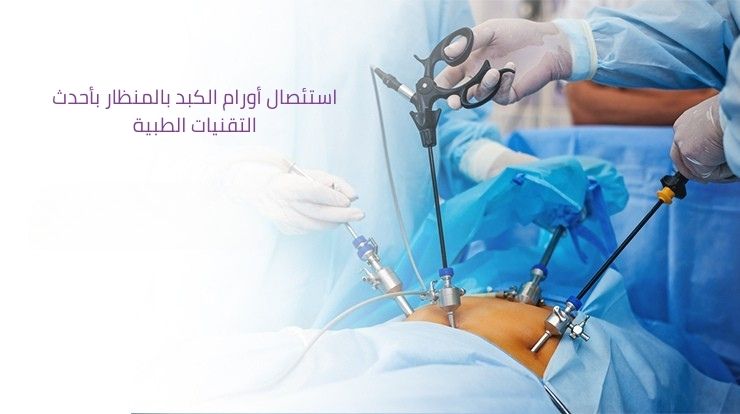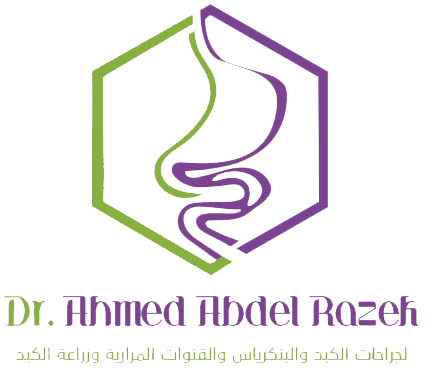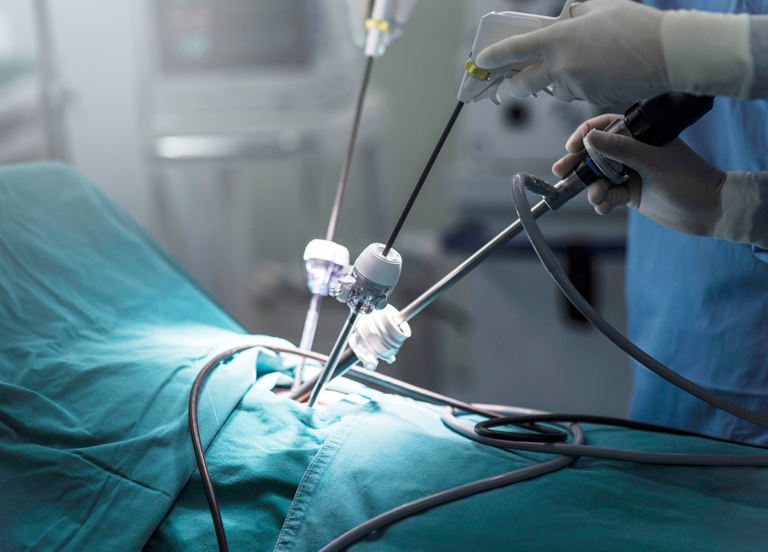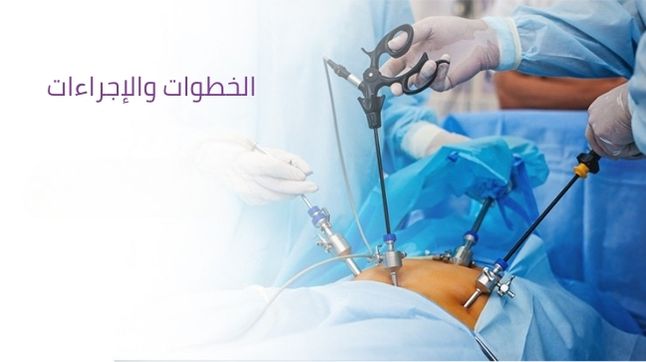
Laparoscopic Liver Tumor Resection with Advanced Medical Techniques
Laparoscopic liver tumor resection is one of the most precise surgical procedures. It involves removing tumors from the liver while minimizing incisions and pain, which helps accelerate the recovery process. At Dr. Ahmed Abdel Razek’s center, we provide this service using the latest surgical technologies to ensure patient safety and comfort.


